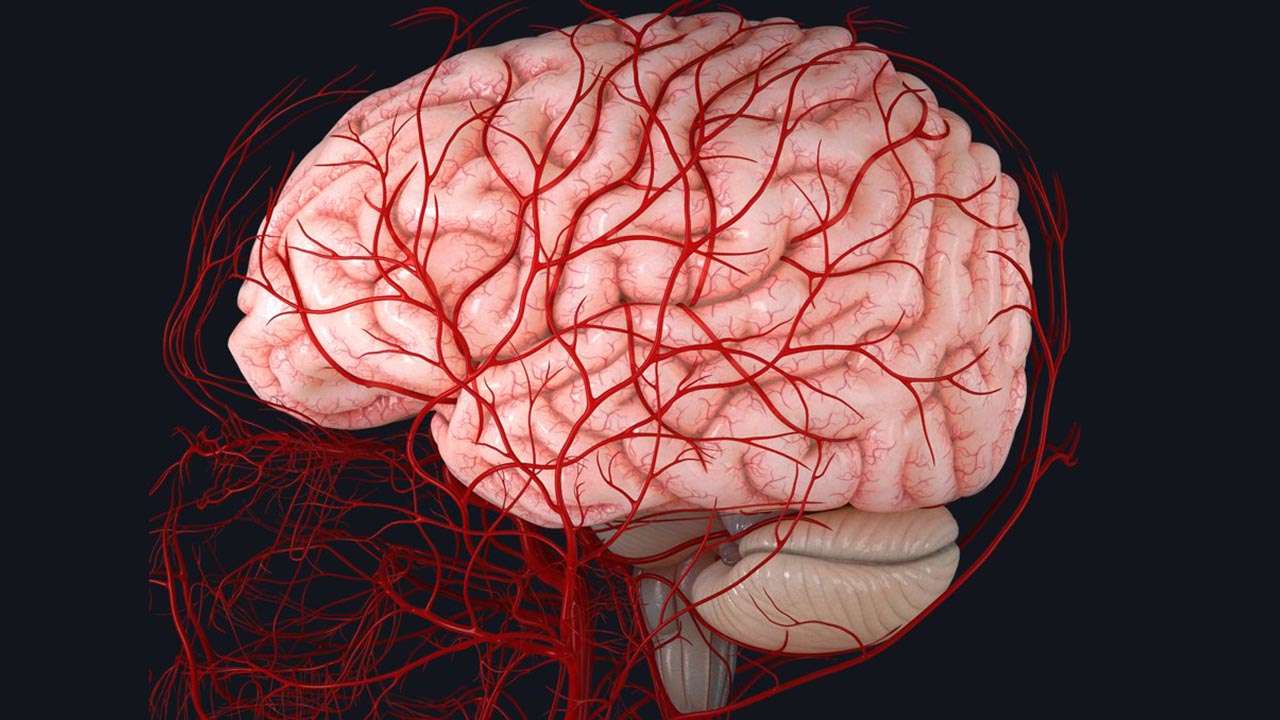The importance of vascular health extends beyond heart health to brain health, which is critical in addressing age-related cognitive decline and neurodegenerative disorders such as Alzheimer’s disease, according to a new study by Penn State researchers published in Nature Communications.
This study highlights the often overlooked role of the brain’s vascular network in the onset of these disorders, underscoring the need for better understanding and early intervention.
The researchers employed advanced imaging techniques to create detailed maps of the mouse brain’s vascular cells and structures, revealing how these change with age.
They identified specific areas susceptible to deterioration, noting that when blood vessels degrade, neurons are deprived of energy, leading to their malfunction or death. This condition can result in vascular dementia, a major cause of cognitive impairment in older adults, manifesting in symptoms such as sleep disturbances.
Yongsoo Kim, the study’s senior author, emphasized the necessity of understanding vascular changes before significant brain damage occurs. The study offers early indicators of neurodegenerative disorders, potentially enabling earlier diagnosis and insights into slowing cognitive decline.

Despite aging being a primary factor in such disorders, there is a lack of comprehensive understanding of how normal aging impacts the brain’s vasculature, which is critical given the growing elderly population in the United States.
Blood vessels, particularly micro-vessels, are essential for oxygen and energy supply and waste removal in neurons. However, most research has focused on neuron degeneration rather than the vasculature, with limited high-resolution imaging of the brain’s micro-vessels.
The Penn State team utilized high-resolution 3D mapping techniques, revealing that significant vascular changes occur in the basal forebrain, deep cortical layers, and hippocampal network, rather than the more commonly studied somatosensory cortex.
Their findings showed a 10% decrease in vascular length and branching density in aged brains, with older arteries becoming more twisted, impeding blood flow to deep brain areas. Functional changes included a slower vascular response and loss of pericytes, leading to leaky blood vessels and a compromised blood-brain barrier.
This study builds on previous research and sets the stage for exploring Alzheimer’s-induced changes in brain vasculature and potential treatments for neurodegenerative disorders.
The study was co-led by several researchers from Penn State and other institutions, showcasing a collaborative effort in understanding and addressing brain health.
